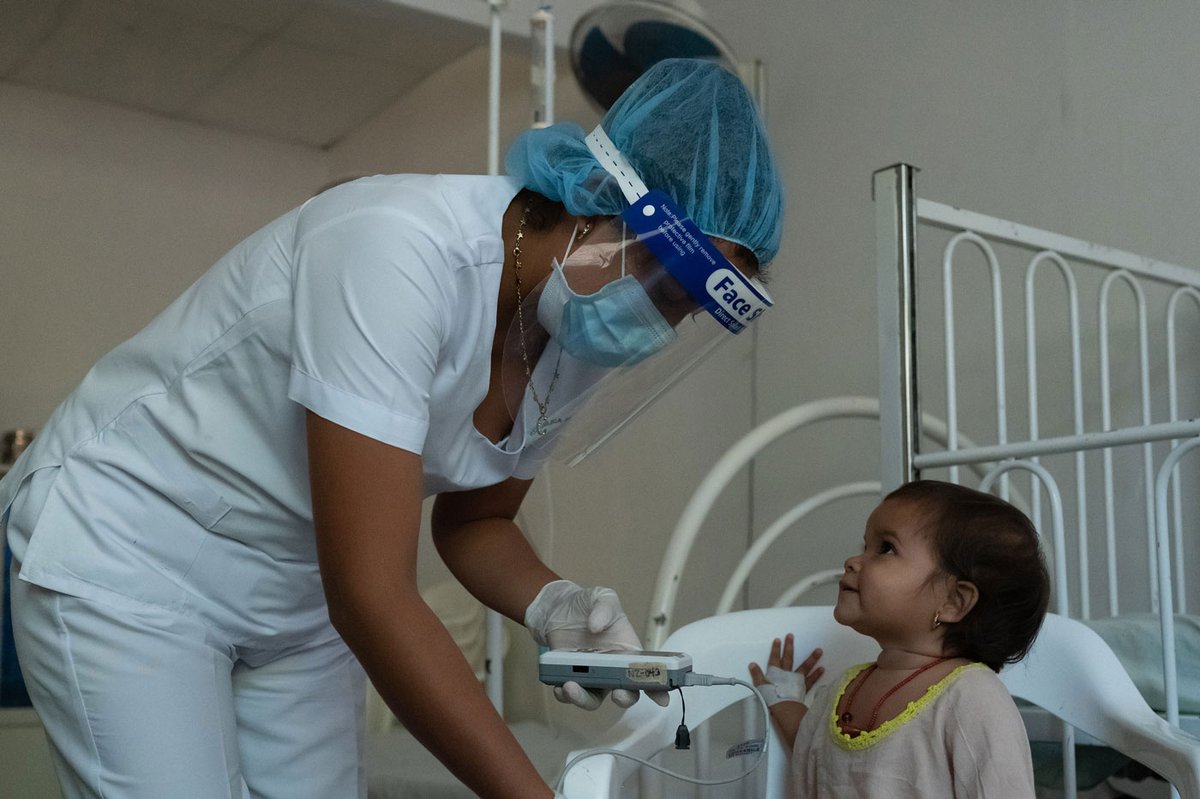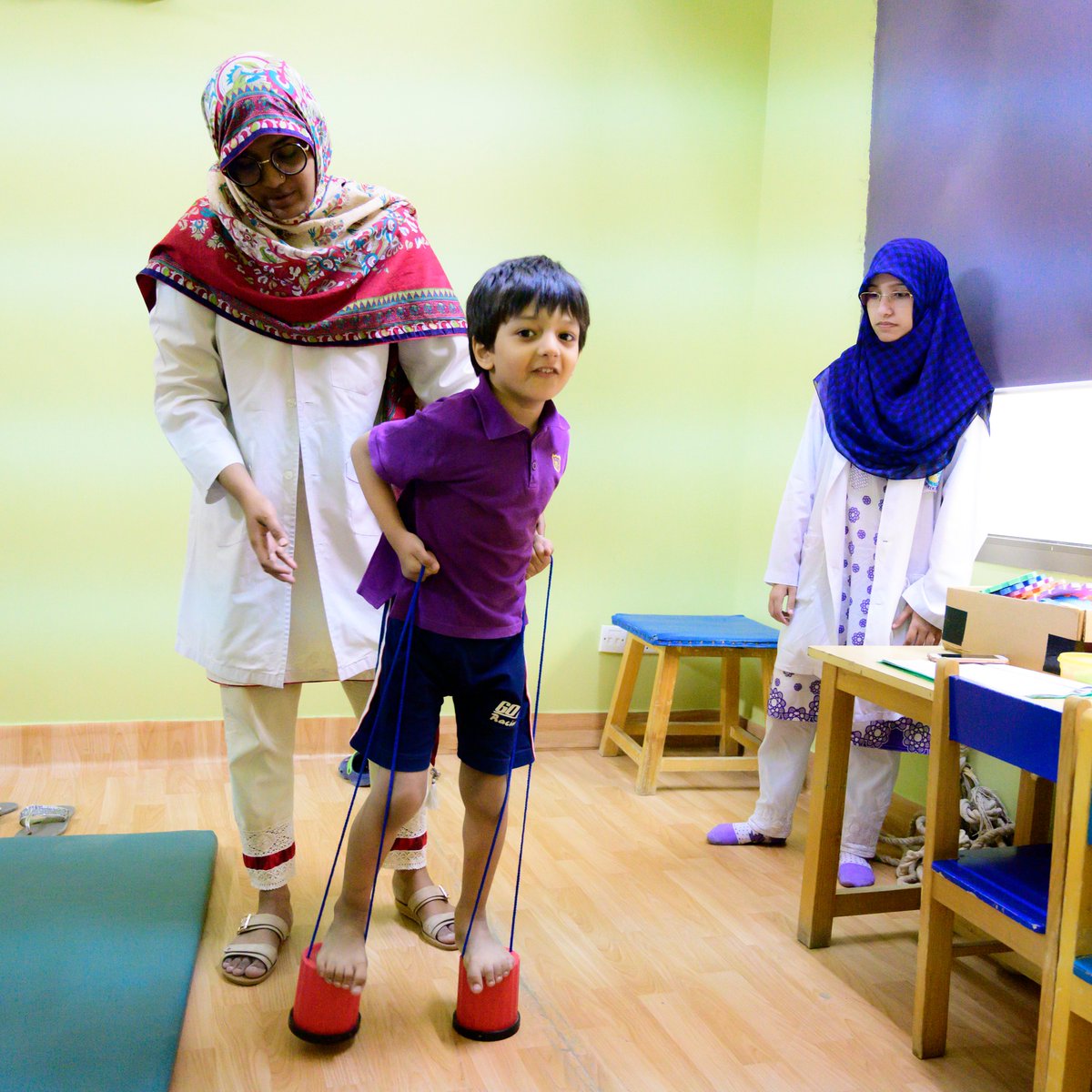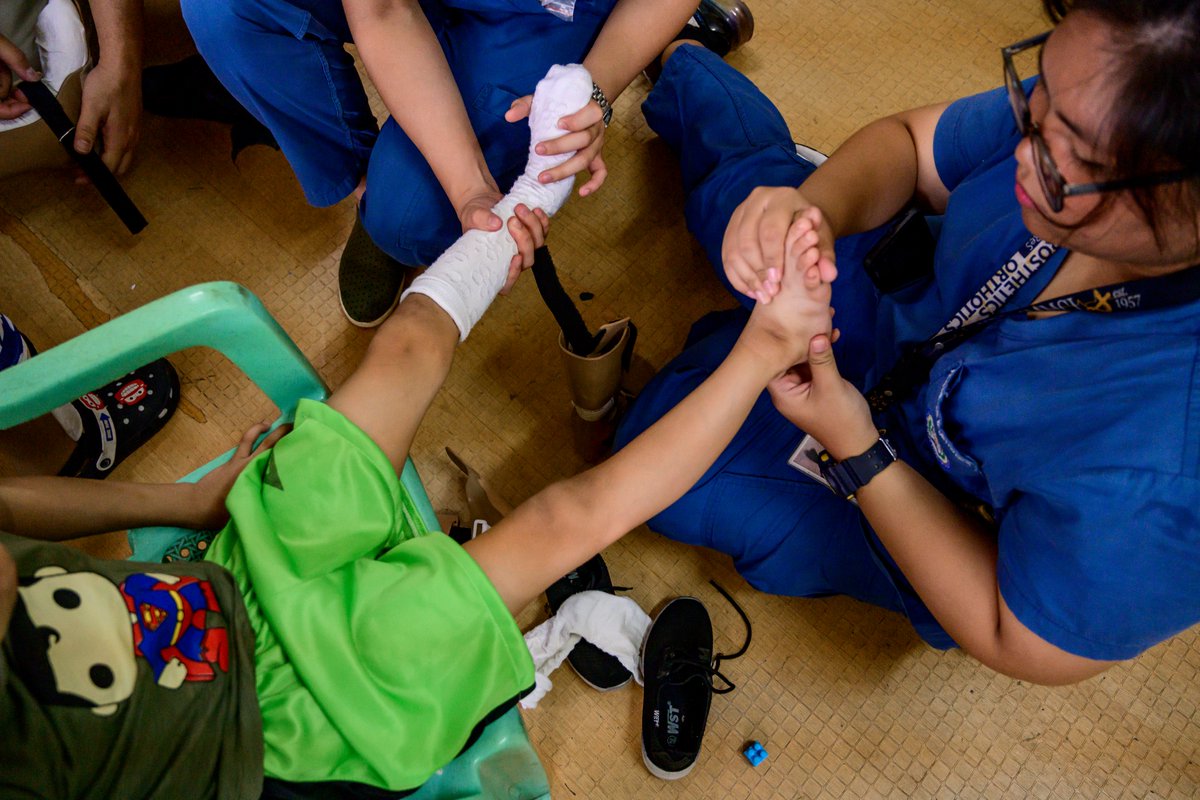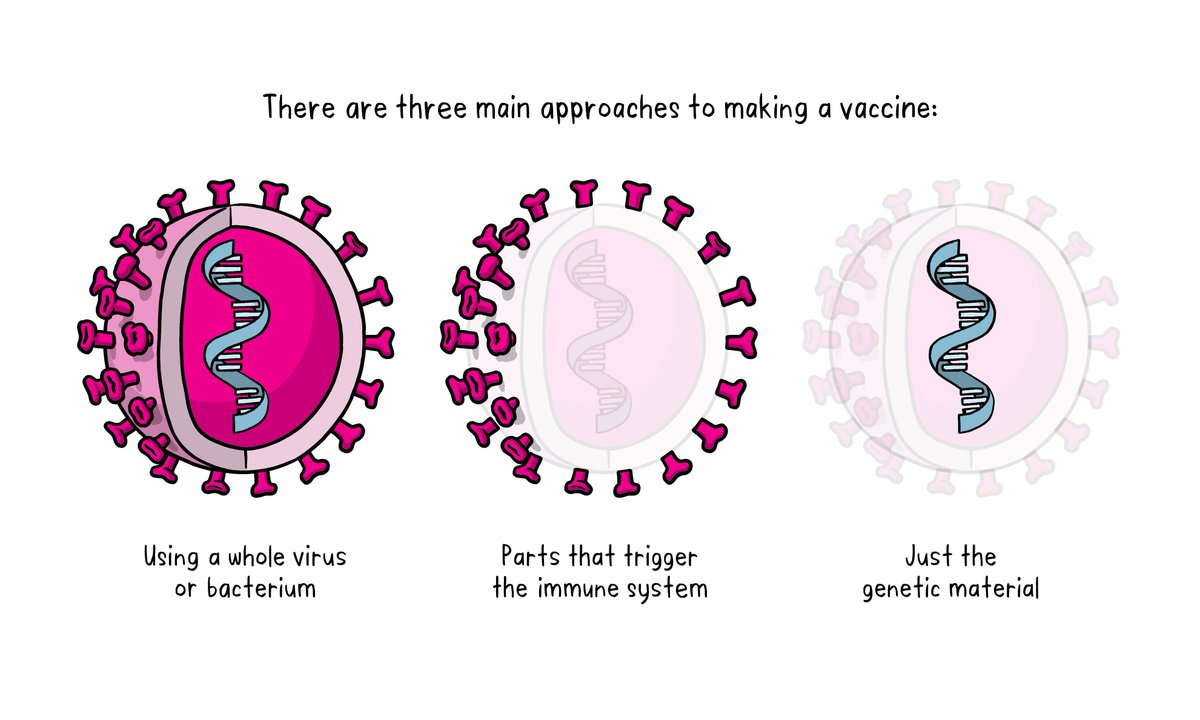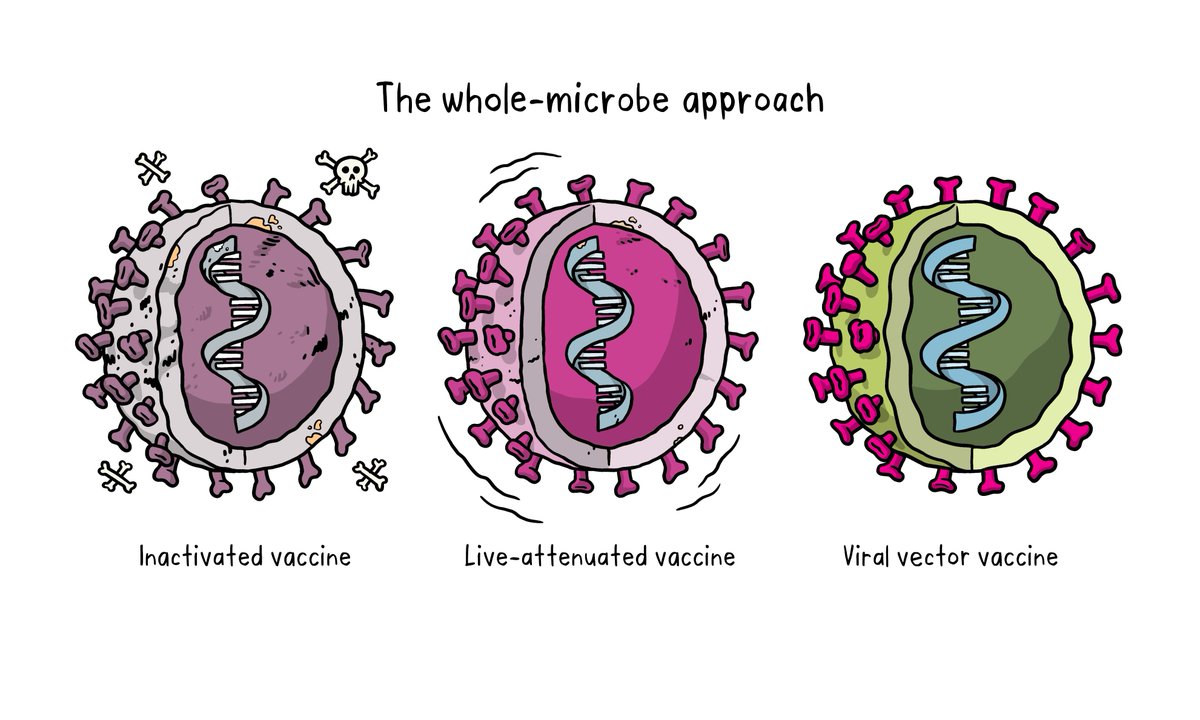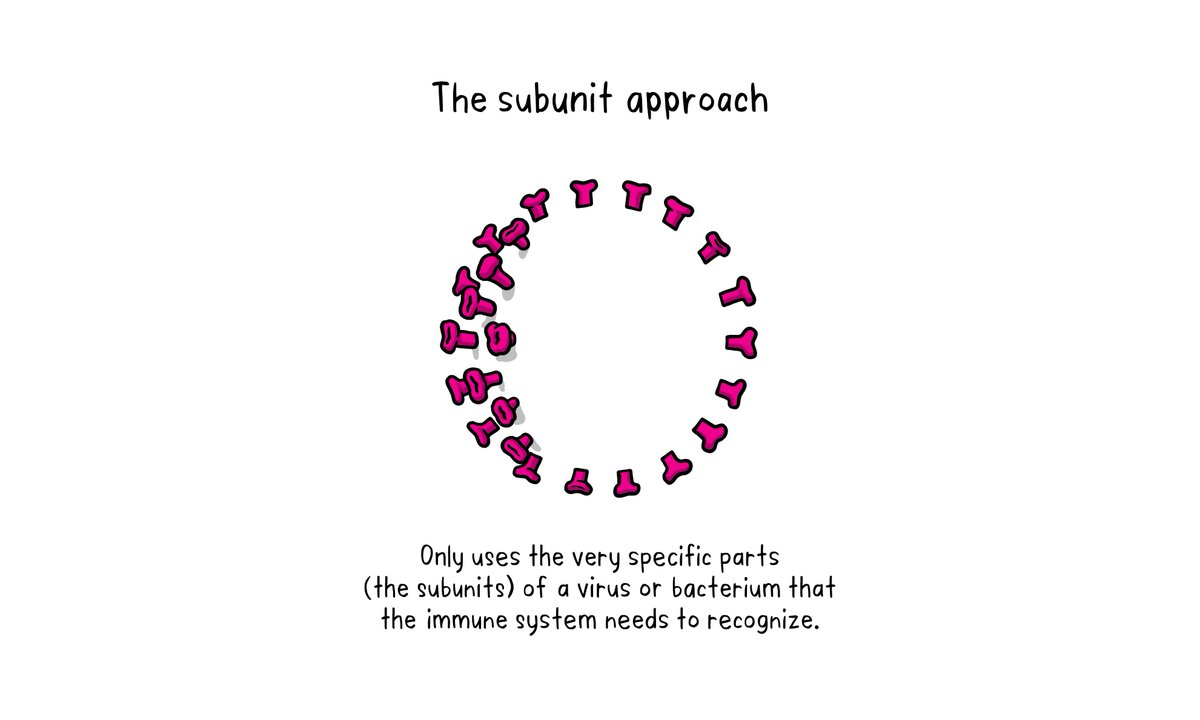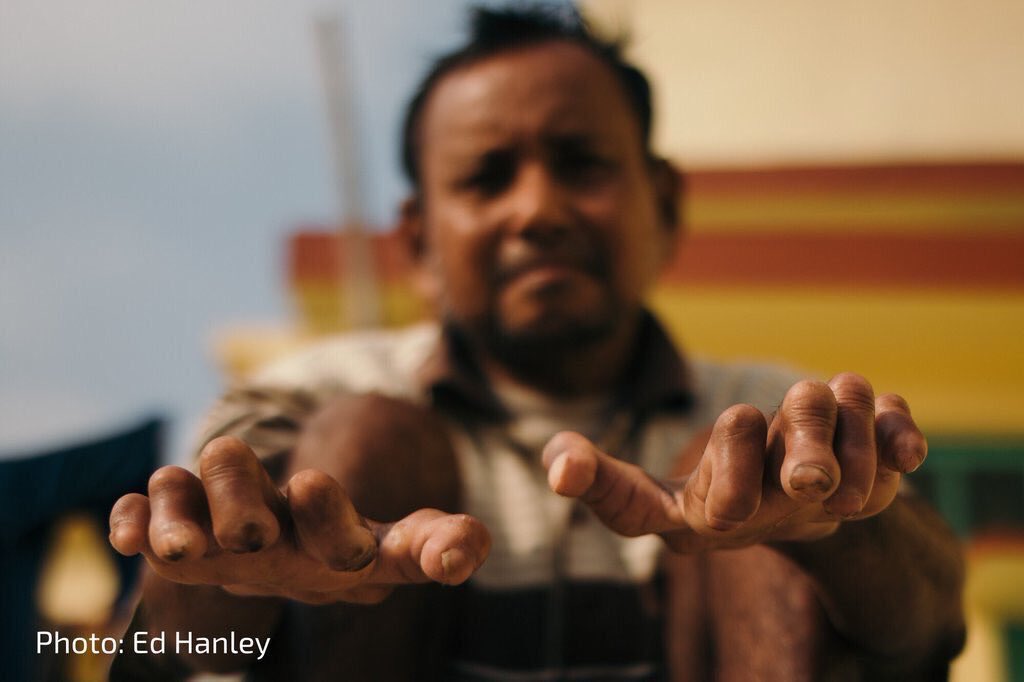
🆕 SCORE 🌐 global report on health data systems & capacity helps countries to:
✅ address gaps & inequalities in health information systems
✅ invest in areas having the greatest impact on quality, availability, analysis, accessibility & use of data📊
👉 bit.ly/3cupBhr
✅ address gaps & inequalities in health information systems
✅ invest in areas having the greatest impact on quality, availability, analysis, accessibility & use of data📊
👉 bit.ly/3cupBhr
The 🆕 SCORE global report on health data 📊 systems & capacity, 2020, is the 1st global report on the capacity of health information systems highlighting significant data gaps in 133 countries, covering 87% of the 🌐's population.
👉 bit.ly/2MJHb68
👉 bit.ly/2MJHb68

Lack of timely, reliable data 📊 makes it hard to track progress towards the @GlobalGoalsUN and even harder to fight #COVID19. This lack also exacerbates many of the inequalities that existed before the pandemic. The status quo cannot continue.
👉 bit.ly/2MJHb68
👉 bit.ly/2MJHb68

The 🆕 SCORE 🌐 global report on health data systems & capacity, 2020 shows that countries cannot adequately prepare for and respond to future pandemics like #COVID19 and underscores the urgent need to invest in country health information systems.
👉bit.ly/2MJHb68
👉bit.ly/2MJHb68

🔑 SCORE report 📊 finding:
Globally 6⃣8⃣% of countries have well-developed and sustainable capacity for public health threat surveillance. Yet this varies between regions and income groups.
👉bit.ly/2MJHb68
Globally 6⃣8⃣% of countries have well-developed and sustainable capacity for public health threat surveillance. Yet this varies between regions and income groups.
👉bit.ly/2MJHb68

🔑 SCORE report 📊 finding:
8⃣6⃣% of countries 🌎🌍🌏 conducted a population census in the last 10 years, however but only half of the countries provided disaggregated population projections, limiting the use of this data
👉bit.ly/2MJHb68
8⃣6⃣% of countries 🌎🌍🌏 conducted a population census in the last 10 years, however but only half of the countries provided disaggregated population projections, limiting the use of this data
👉bit.ly/2MJHb68

🔑 SCORE report 📊 finding:
🔸 almost 6⃣0⃣% of countries🌎🌍🌏 have good capacity for using data and evidence to drive policy and planning
🔸 only 4⃣2⃣% of countries have good capacity for data 📊 access and sharing
👉bit.ly/2MJHb68
🔸 almost 6⃣0⃣% of countries🌎🌍🌏 have good capacity for using data and evidence to drive policy and planning
🔸 only 4⃣2⃣% of countries have good capacity for data 📊 access and sharing
👉bit.ly/2MJHb68

🔑 SCORE report 📊 finding:
🔸 only 7⃣2⃣% of births 👶 are registered around the 🌎🌍🌏
🔸 nearly 4⃣0⃣% of the world’s deaths ⚰️ remain unregistered
👉bit.ly/2MJHb68
🔸 only 7⃣2⃣% of births 👶 are registered around the 🌎🌍🌏
🔸 nearly 4⃣0⃣% of the world’s deaths ⚰️ remain unregistered
👉bit.ly/2MJHb68

🔑 SCORE report 📊 finding:
5⃣0⃣% of countries have limited or less capacity for systematic monitoring of quality of care
👉bit.ly/2MJHb68
5⃣0⃣% of countries have limited or less capacity for systematic monitoring of quality of care
👉bit.ly/2MJHb68

🔑 SCORE report 📊 finding:
6⃣0⃣% of countries have good capacity to review progress and performance of the health sector
👉bit.ly/2MJHb68
6⃣0⃣% of countries have good capacity to review progress and performance of the health sector
👉bit.ly/2MJHb68

• • •
Missing some Tweet in this thread? You can try to
force a refresh

